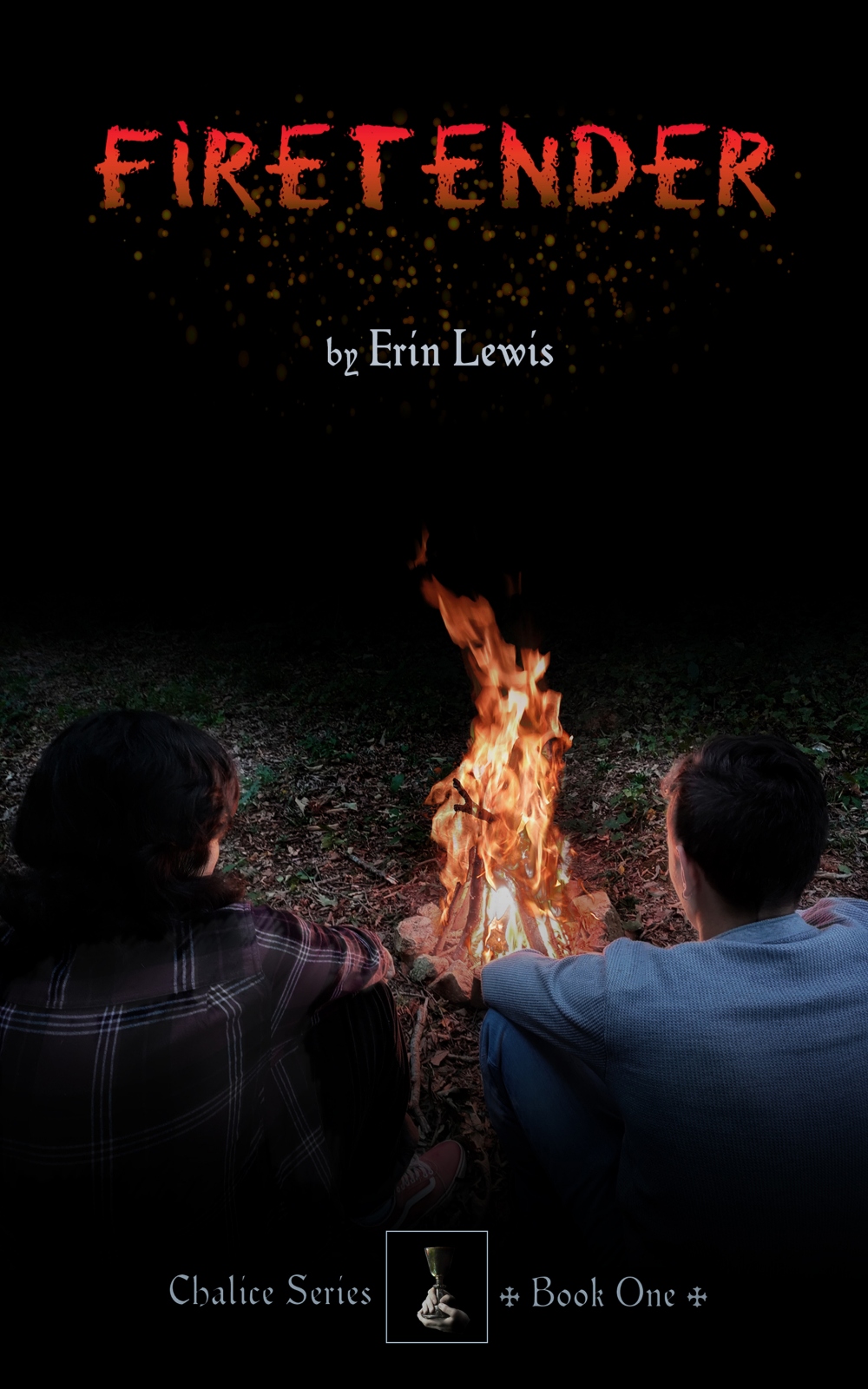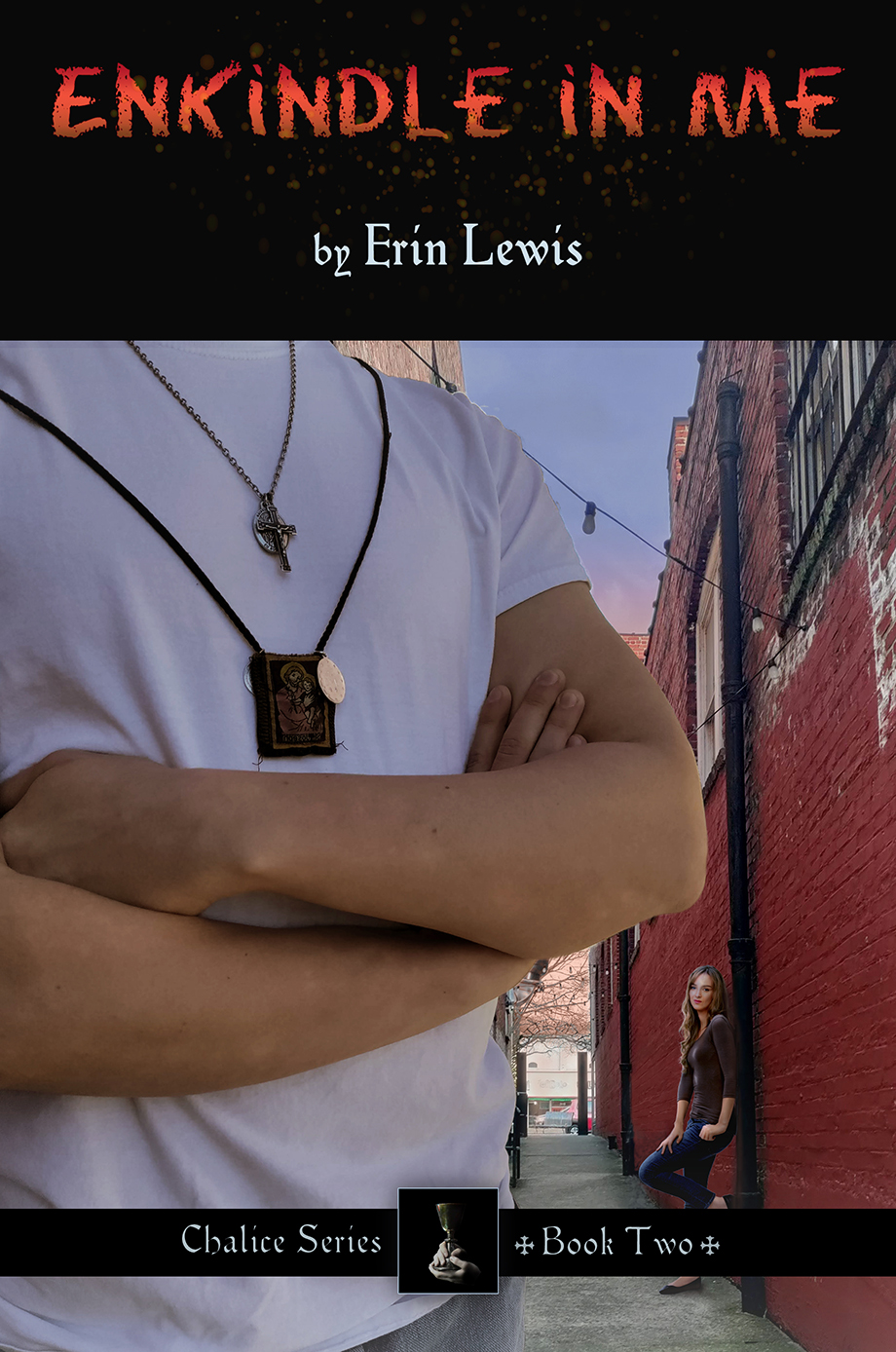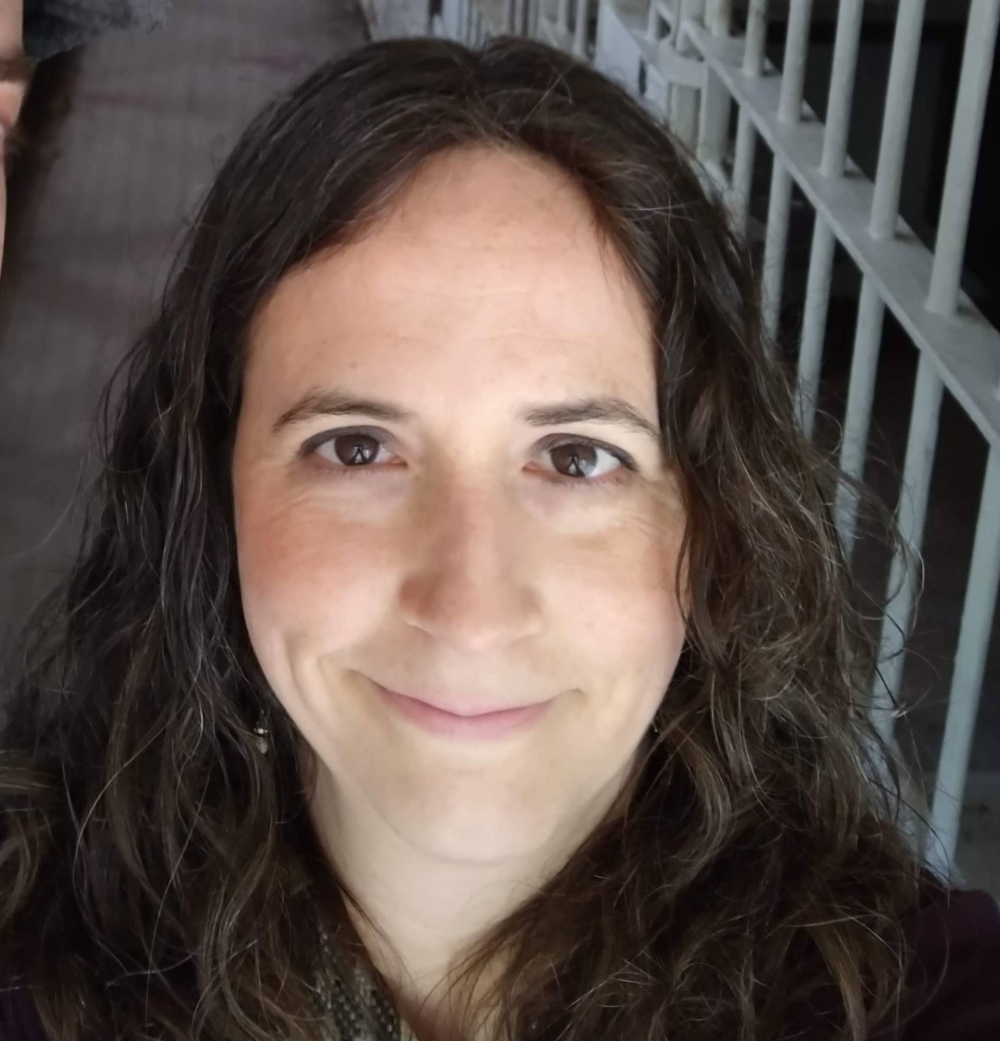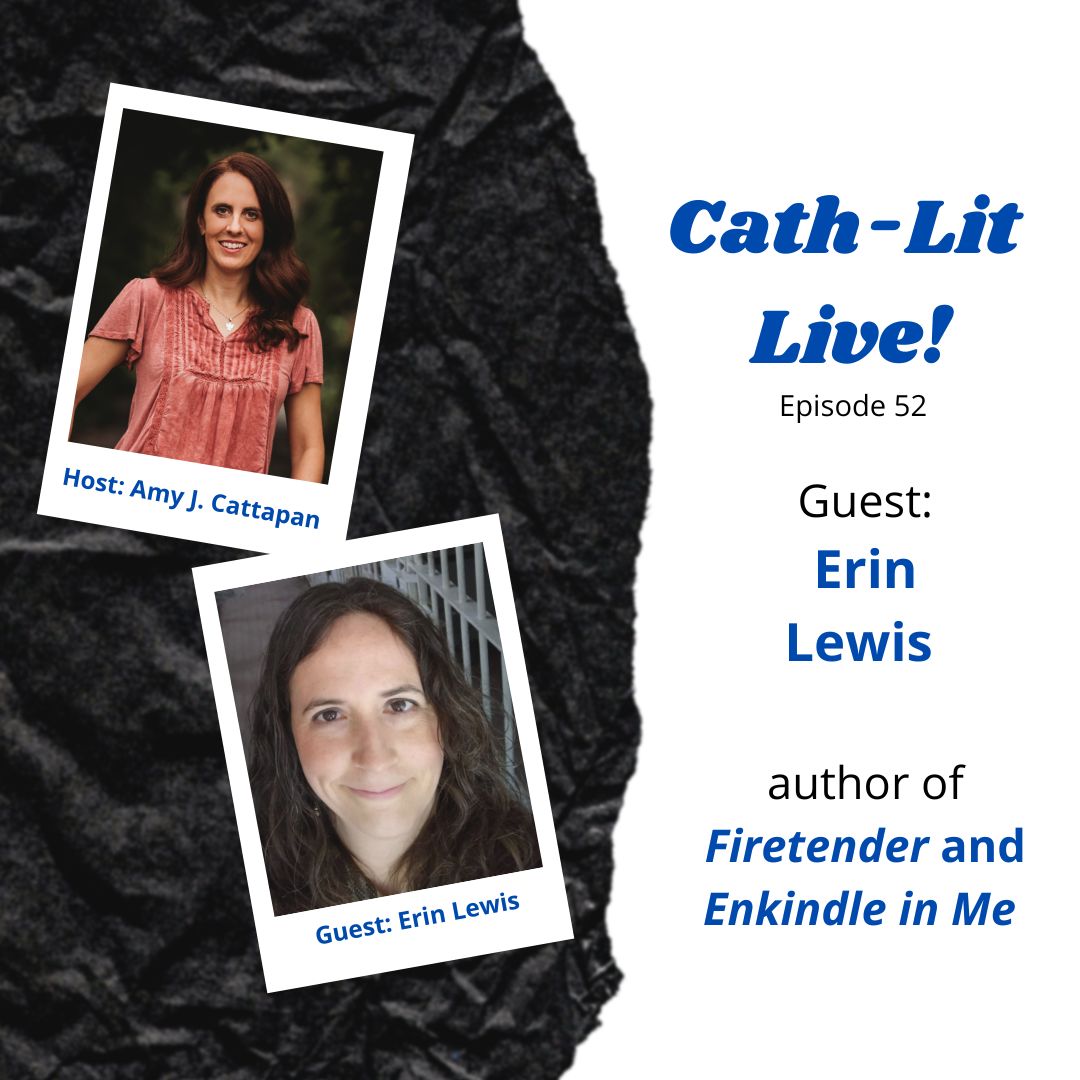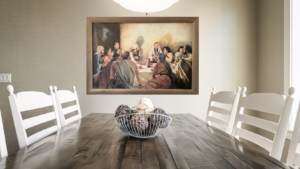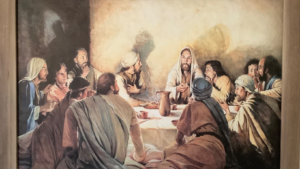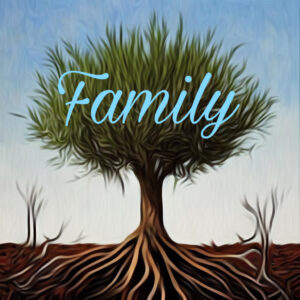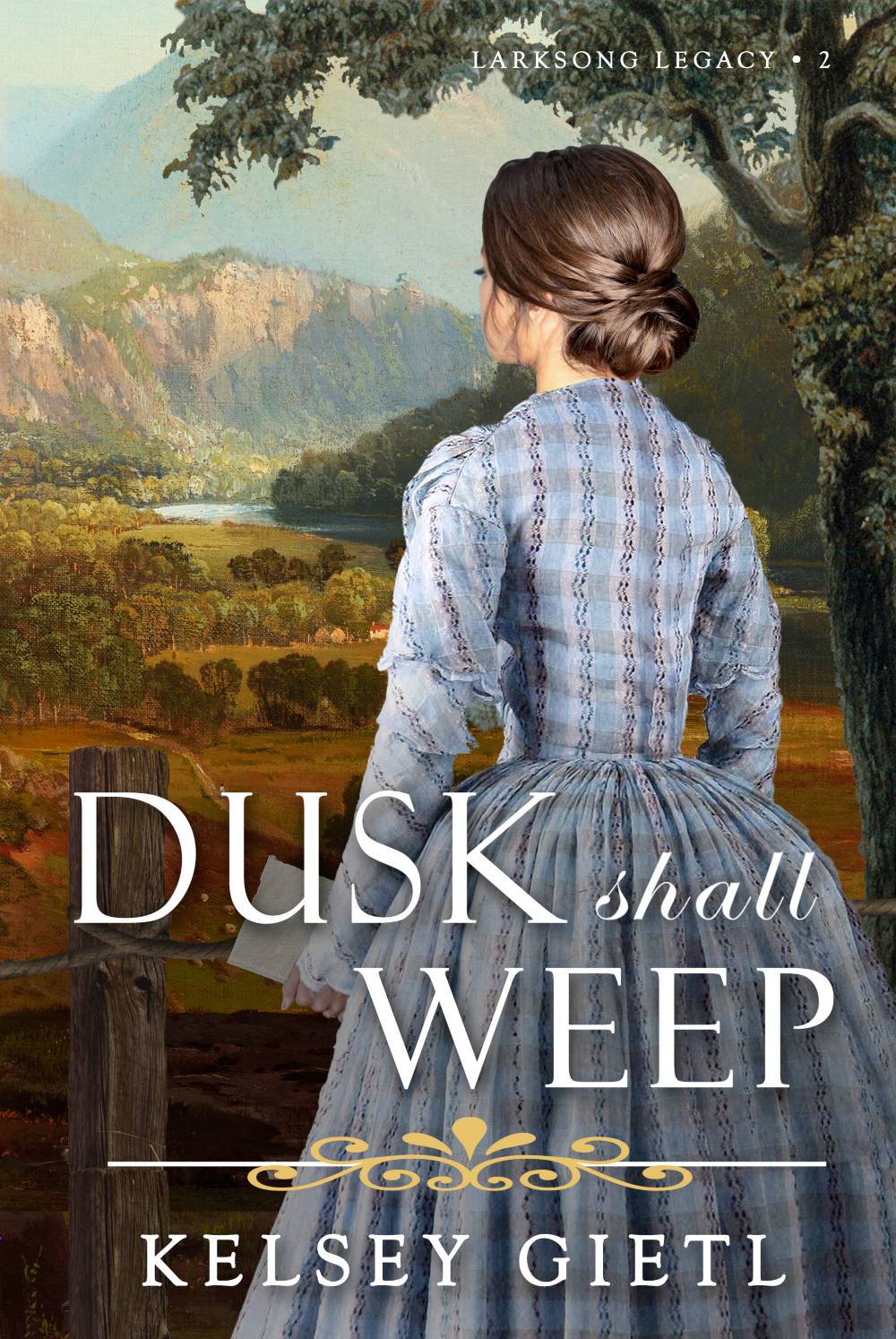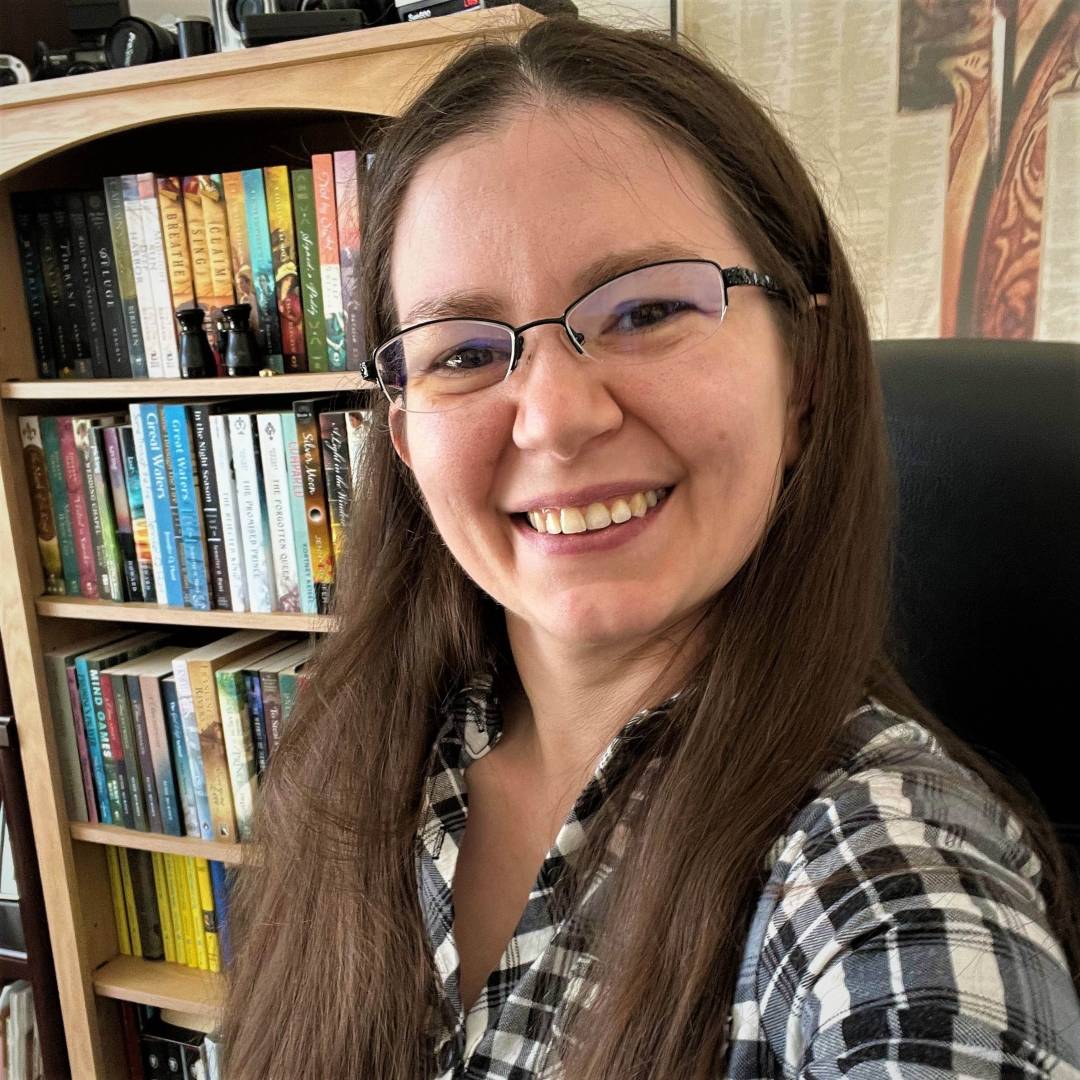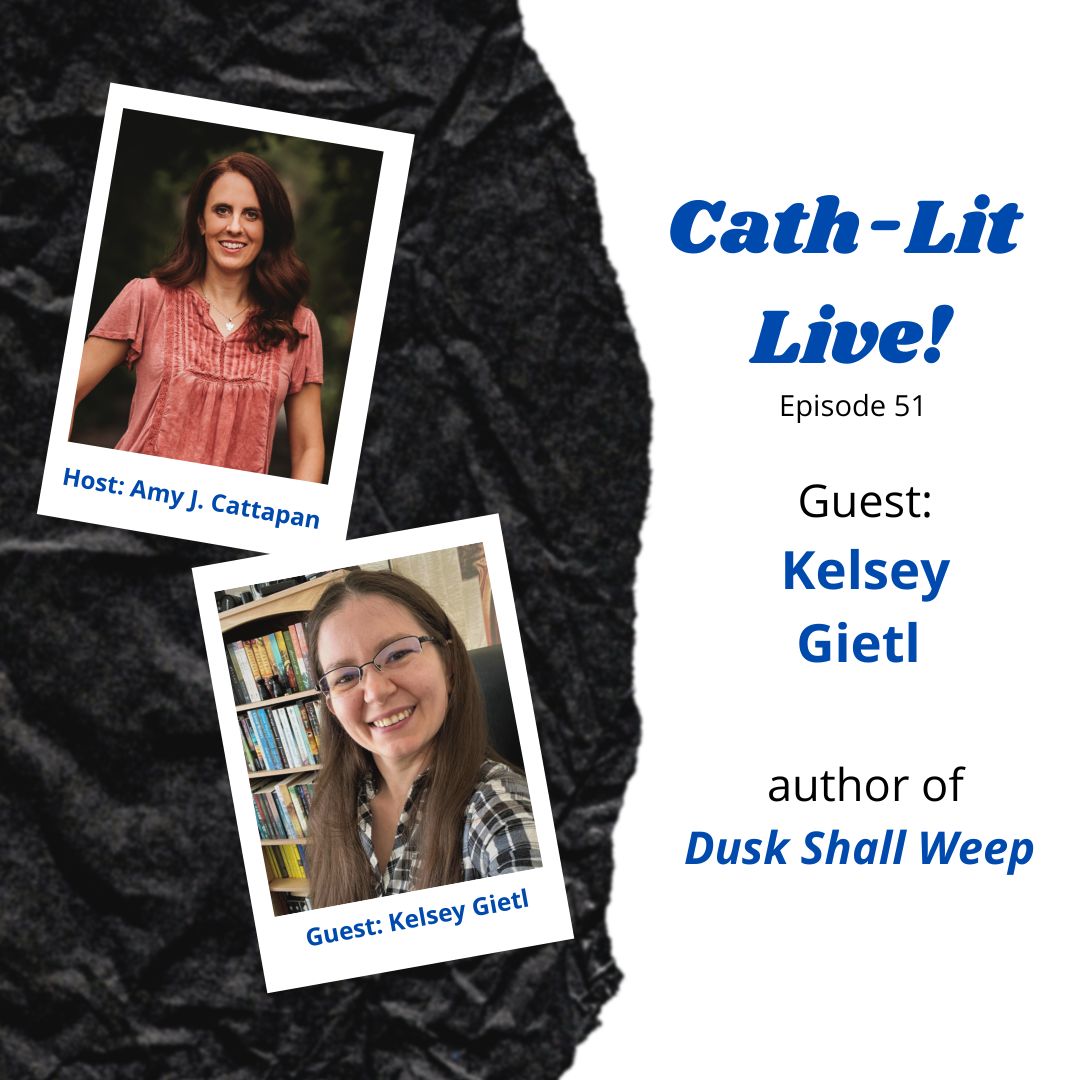Mother’s Day is almost here, and I will tell you immediately that it has never been my favorite holiday. Truth be known, it has consistently been my most dreaded day of the year. So please bear with me as I share my journey to finally finding some inner peace with this beautiful celebration.
My mother died in 1961. She had just turned 40. (if you had leukemia 60 years ago, your chances of survival were almost zero). For some reason, I have only a few faded memories of her. And, for me, that is an emptiness that has always exploded inside me each year during the Mother’s Day observance.
We were kids when she died. There were five of us, and at fifteen, I was the oldest. My sister and brothers (the three youngest have now passed away) remembered details about her, such as the softness of her hair, her laugh, how she loved cherry vanilla ice-cream or pulling the shopping cart to the A&P. My own memories of my mom are almost non-existent. Fortunately, I had the second-hand information my younger siblings shared.
Death visited us often when we were young. Grandma, who lived with us, died two years after Mom. Dad died two years after her. We were officially orphans (that became a novel, The Priest and The Peaches), and we hung together and survived and did okay. But death kept lurking nearby and over the years, my sister was widowed, my brother was widowed, and I was widowed—twice. My brothers, Bobby died in 2007, Johnny in 2016, and Danny in 2022. We had a stillborn daughter in 1978 and I lost my son, Billy, last July. But it all began with Mom.
I always managed, fortified by my Catholic faith, to move through the grief process and learn to accept what had happened. It was sort of like making peace with someone you wish you had never met. But with my mom, that process never completed itself until recently. I never realized until years later how she was always teaching us a lesson as she lay there either holding her blue Rosary or having it next to her. It was as if it was a part of who she was.
I finally came to understand why I have been “stuck in the mud” with Mom’s sudden passing, albeit so long ago. I was selfish. I never thought about what must have been going through her mind as she lay dying at the age of 39. It was always about me and how MY Mom died. That was the reason for my decades’ old problem. Therein was the cause of my emptiness. It was never about her. I felt sorry for myself when she died and kept feeling sorry for myself, year after year after year.
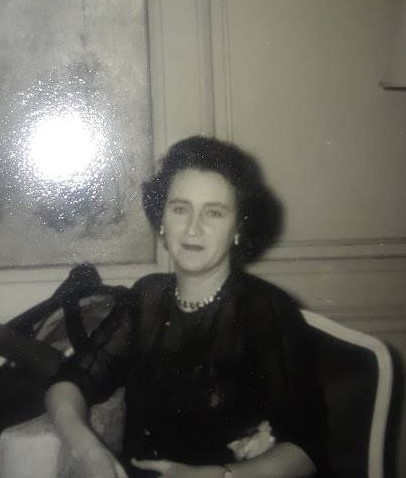
I needed help, and finally, it came. Out of the clear blue, my daughter, Mary, called me and, during the conversation, said, “Hey Dad, do you realize I’m going to be 40 on my next birthday?”
Talk about being hit by lightning. My own daughter was going to be the same age as my own mother was when she was slowly being killed by an insidious, no-holds-barred, merciless disease. I had never thought of my mom as a 40-year-old woman with five kids. I thought of her as my mom, who died leaving me alone. How pathetic was that?
Mary, who also happens to look a lot like the Grandma she never knew, had only asked me a simple question. She could not have known the power that was in it. She had no idea that at that moment, it removed the veil from my clouded “Mom world” and set me on my journey to discover the woman and person who was my mother.
It had taken decades, but I finally began to reflect and ponder about this woman I had called “Mommy.” Her name was Lillian, and she carried me in her womb. She fed me, bathed me, held me and hugged me, and nursed my siblings and me through illnesses such as mumps, measles, and chickenpox (all of which I have no memory). This woman cleaned our house, washed and ironed our clothes, cooked, shopped, and even worked part-time. I cannot imagine how she must have felt as she prepared to leave her family knowing death was getting closer and closer. How awful and terrifying that must have been for her?
How did she hold her not-yet-2-year-old son on her lap and look at him without going hysterical? How did she handle thinking about her 6-year old son, missing his front teeth, to whom she would never give a sweet hug to again? She had a 10-year-old who was in fourth grade and always needed his mom to help him with his homework. Would Dad help him? I never considered such a thing.
And of course, there was my sister Carolyn, “Mommy’s little girl.” But she was 13 already, and she was growing up. She would need her mom to talk to about woman things. How did Mom feel having the knowledge that her children would soon be motherless? What did she say to our dad, her husband, and lover, as they lay together in bed, in the dark of night waiting for the inevitable as their five kids slept?
Mom had been close to death several days before Christmas in 1960. But she made a miraculous recovery and came home. During the first part of February, she took ill again. I have a vivid memory of her lying in bed with Bobby, age six, and Johnny, who just had his second birthday, each nestled into the crook of her arms, one on the left and one on the right. Her best friend Adeline was standing there talking to her about something, and she was looking at me. I said, “Okay, I have to go to work.” (I worked for the local grocer delivering groceries) and I left.
No hug, no kiss, I never even said good-bye. I just left.
When I got home, she was not there. She was back in the hospital. We were supposed to see her Saturday morning but she died before we got there. I will always regret that I never hugged or kissed my Mom one last time, that one damn day. Sometimes you don’t get a second chance. Trust me, I know. Never let a hug go by.
It took a very long time but I have forgiven myself for being an insensitive kid. I have stuffed my “sorry for me feelings” in my trash bag of vanquished self-pity. Those thoughts about my Mom have brought me to a better place. I know my siblings and I were blessed to have her as our Mom.
On this Mother’s Day, I will also thank God for that phone call from Mary. I will then thank Him for my Mom. Then I will go home, and, fortified by a different mindset, I will still sit by myself and cry … not out of self-pity but simply because I miss her and wish I could hug her—just one more time.
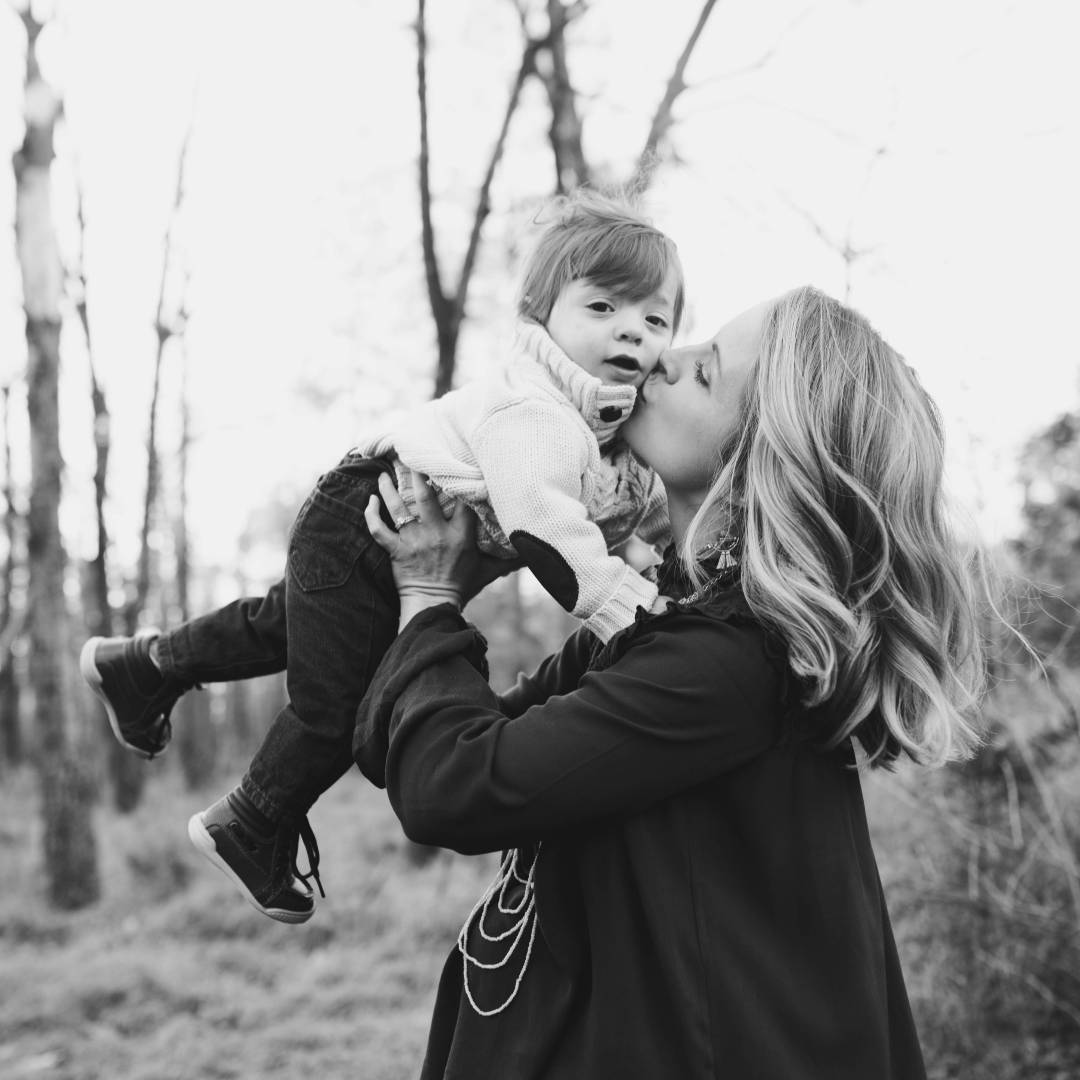
Copyright©Larry Peterson 2023
Images: Pexels; copyright 2023 Larry Peterson, all rights reserved.
